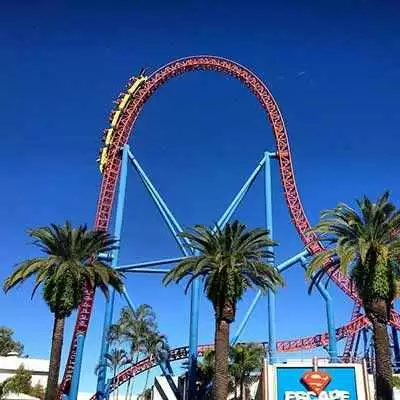Celiac.com 06/11/2015 - Non-celiac gluten sensitivity (NCGS) is a somewhat controversial emerging disorder. There is no current medical consensus regarding its criteria, and study data have been inconclusive.
 Many alternative health practitioners recommend gluten-free diets for people who claim to be sensitive to gluten, but do not have celiac disease. Despite numerous reports of people without celiac disease experiencing celiac-like symptoms when eating gluten, there are currently no clear diagnostic guidelines for NCGS. NCGS is still diagnosed by excluding celiac disease, and finding no reliable celiac biomarkers.
Many alternative health practitioners recommend gluten-free diets for people who claim to be sensitive to gluten, but do not have celiac disease. Despite numerous reports of people without celiac disease experiencing celiac-like symptoms when eating gluten, there are currently no clear diagnostic guidelines for NCGS. NCGS is still diagnosed by excluding celiac disease, and finding no reliable celiac biomarkers.
Celiac.com Sponsor (A12):
A team of researchers recently set out to evaluate the prevalence, diagnostic exclusion of celiac disease and the efficacy of a gluten-free diet (GFD) for NCGS patients.
The research team included J. Molina-Infante; S. Santolaria; D. S. Sanders; and F. Fernández-Bañares. They are variously affiliated with the Department of Gastroenterology, Hospital San Pedro de Alcantara, Caceres, Spain, the Department of Gastroenterology, Hospital San Jorge, Huesca, Spain, the Department of Gastroenterology, Royal Hallamshire Hospital, Sheffield Teaching Hospitals, Sheffield, UK, the Department of Gastroenterology, Hospital Universitario Mutua Terrassa, Barcelona, Spain, and with CIBERehd, Barcelona, Spain.
Their team conducted a PubMed search through December 2014. They defined NCGS as self-reported gluten intolerance, negative celiac serology and absence of villous atrophy. They also included studies evaluating the impact of a GFD on patients with irritable bowel syndrome (IBS).
They found that rates of NCGS (0.5–13%) varied considerably. Seventeen studies met the inclusion criteria for NCGS. The studies included 1561 patients, 26 of whom were children. HLA haplotypes could not be linked to histology, either by normal or lymphocytic enteritis (LE)] in 1,123 NCGS patients. Nearly half (44%) of NCGS patients tested positive for HLADQ2/DQ8 haplotypes.
Using advanced diagnostic techniques that combine LE and HLADQ2/DQ8 haplotypes, the team reclassified 39 (20%) of 189 NCGS cases as celiac disease.
They found a higher than expected family history of celiac disease and autoimmune disorders in NCGS patients. For HLADQ2 positive diarrhea-predominant IBS patients, a GFD resulted in variable, but significantly improved stool frequency.
Rates of NCGS are extremely variable. A subset of NCGS patients might actually be part of what many researchers refer to as celiac disease "light."
The long term benefit of a gluten-free diet for NCGS patients is currently unclear, but certainly the diet, if well-balanced, would not cause any issues. The researchers do note that HLADQ2 positive diarrhea-type IBS patients might gain symptom improvement from a gluten-free diet.
Clearly more studies are needed to determine if NCGS is a bona fide medical condition, as many suspect. Until then, there is very little treatment available from medical practitioners, and many people with self-diagnosed NCGS will doubtless be left to self-treatment. For many, this will include avoiding gluten.
Do you, a loved one, or someone you know have gluten-sensitivity without celiac disease? Share your thoughts and comments below.
Source:
- Open Original Shared Link





.webp.34bdb963f9bfe4efd91aa74daeef57f5.webp)
.webp.c945e71800755e29db010714345bde48.webp)




Recommended Comments